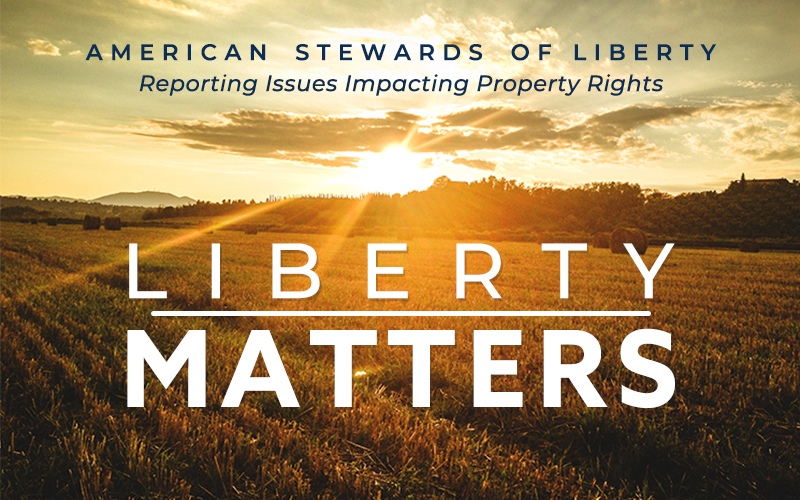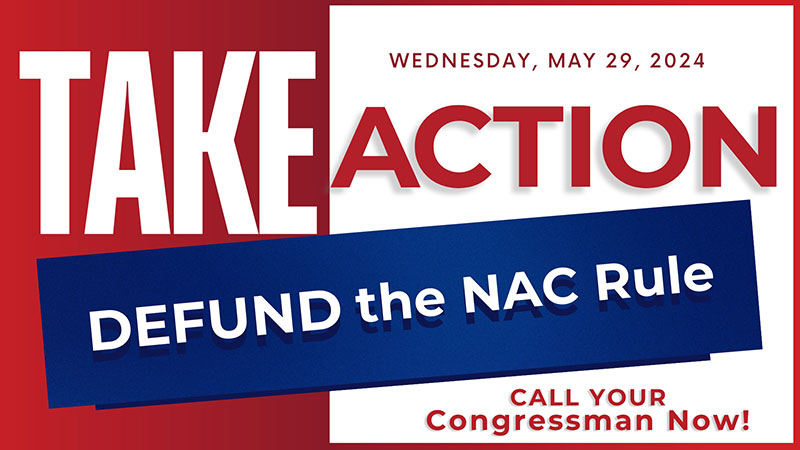Endangered species
ESA Fails People & Wildlife
50 Year Report
Delisting Projects
Environmentalists Greatest Weapon
The Endangered Species Act’s purpose is to recover species in danger of extinction. However, the law has been used as a powerful regulatory weapon against landowners. The very people providing habitat for potentially imperiled species are those penalized by the Federal law. Once a species is listed as threatened or endangered, the U.S. Fish and Wildlife Service uses their regulatory power to impose strict restrictions on land use – driving landowners and entire industries out of business.
Mitigation or Coercion?
Once a species is added to the list, it remains there indefinitely even though it may be abundant or listed in error. This gives the federal government enormous regulatory power over land and industries as harming a species can result in significant fines and even criminal penalties against the landowner.
The species listing is used as a way to extract “mitigation” from those needing to use their land. The agency may require the user to offset the harm by acquiring habitat elsewhere and turning it over to the Service. Or it may prevent the landowner from using the land during specific times of the year. These actions lead to less productive uses of the land causing economic harm to the landowner and local economy.
50 Years of Failure
The Endangered Species Act was enacted in 1973. After 50 years of enormous Federal and private expense, there are only 62 officially recovered species out of the 1667 listed. That is an abominable record. But it gets worse. Thirty-six of those claimed recoveries are not the result of the agency’s conservation efforts. They were erroneously listed to begin with – meaning it was later determined the data relied upon by the Service was in error.
Delisting Species
It is often only when outside parties require the agency to reconsider the listing that these species are removed from the list and restrictions lifted. This is done primarily by filing formal delisting petitions and pursuing the action in court if necessary. American Stewards has filed several delisting petitions to compel the agency to remove those species that do not warrant protection.
Although the Act has been a dismal failure for people and wildlife, the environmental community protects the law and resists all efforts to eliminate its punitive provisions.
Delisting Projects
American Burying Beetle
This species was listed in error. In 2020, the Service finalized its rule to down-list the species from endangered to threatened.
bone cave harvestman
Landowners and local governments faced serious economic problems due to the Service’s erroneous listing of this species.
navasota ladies’-tresses
So much more information has become available since it was listed in 1982 demonstrating the species is not at risk of extinction.
yellow-billed cuckoo
The Obama administrations’ analysis of the genetic and habitat data was believed to be in error at the time of listing in 2014.
Hualapai Mexican Vole
The first ESA-listed domestic species to be delisted by the U.S. Fish and Wildlife Service during the Trump Administration.
Delisting in the News
Alaska Proves Seal Critical Habitat Unlawful
The U.S. District Court of Alaska has handed the State a significant endangered species case victory, ruling that climate change does not justify a 160 million acre designation...
The Endangered Species Act At 50
The Endangered Species Act (ESA) was signed into law by President Richard Nixon on December 28, 1973. At 50 years old, the U.S. Fish and Wildlife Service (FWS) claims they...
U.S. Rep. Cloud’s Last Minute Amendment May Have Saved the Permian Basin
One amendment of utmost importance to the State of Texas was offered by Rep. Michael Cloud (R-TX-27), to specifically defund any attempt by the FWS to list the Dunes Sagebrush Lizard (DSL) as endangered or threatened. On June 29, 2023, the FWS announced the DSL is endangered and warrants protection under the Endangered Species Act (ESA).
Your Donations
Make All the Difference
$25
$50
$100
$250
$500
Other











